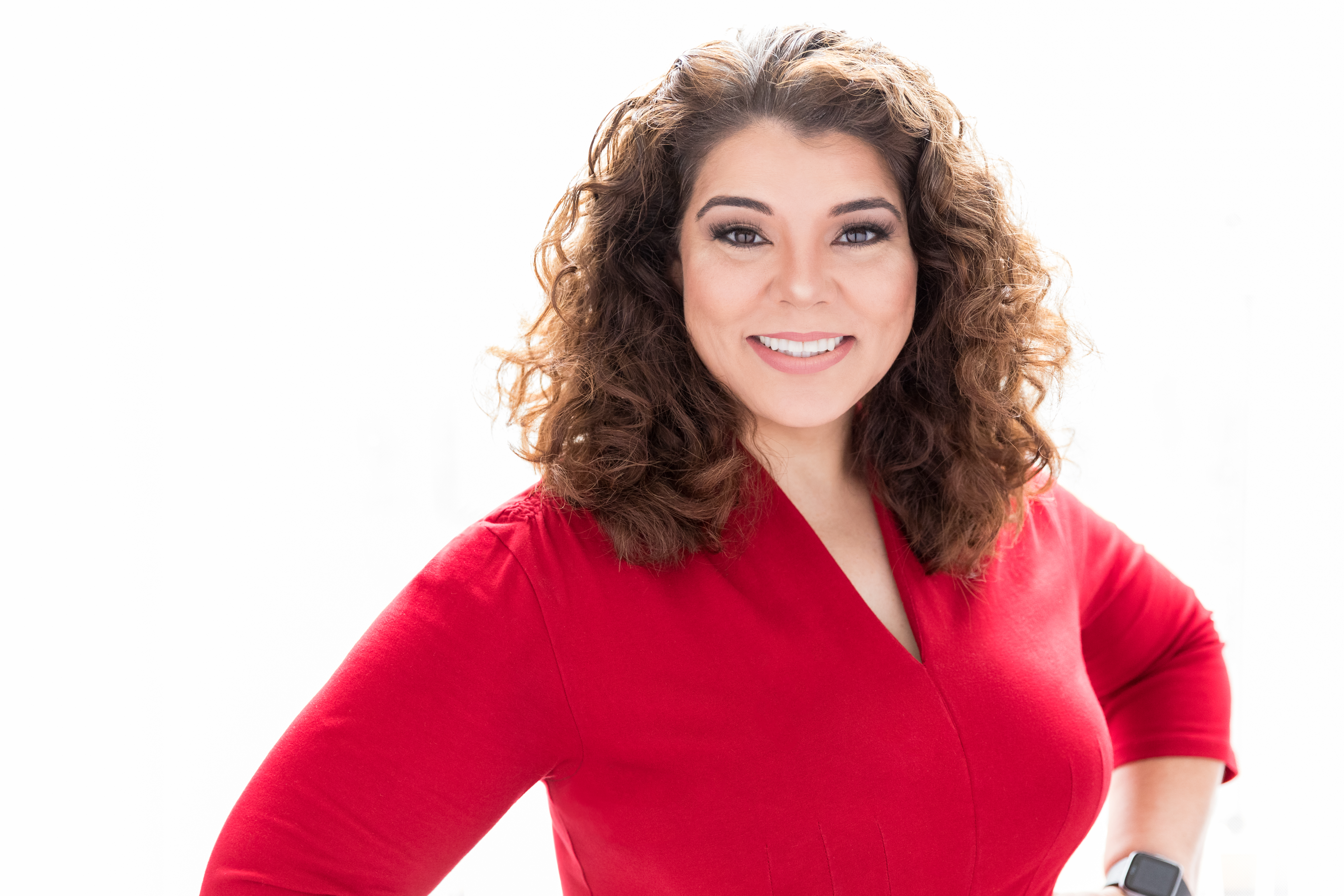“Comparison is the death of joy.” — Mark Twain
When Chef Edward Lee was writing his newest book, Buttermilk Graffiti, he made the somewhat controversial choice not to include photos of his recipes. Why? Because he’d met people who told him they made one of his dishes and were disappointed when it didn’t look like the picutre. “But did it taste good?” he asked them. “If it tastes good, that’s all that matters.”
Lee points out that trying to make your homecooked dishes look like the food that has been prepared, arranged, and photographed by professionals is a loser’s game. You’re comparing yourself to an all-but unattainable ideal, he says, and that’s bound to make you unhappy. Instead, just enjoy the food.
This is a trap that we all fall into. We evaluate ourselves and our lives by comparison instead of through objective measures. In other words, we strive to be as busy or busier than our friends and colleagues instead of deciding what’s best for us. We choose activities based on how they might look in our Facebook feeds, and for $250, you can now hire a professional photographer to take shots of you on your vacation.
To be fair, humans have been showing off their vacation photos for as long as cameras have been available. What changes the dynamic is social media and the ease with which we can edit and distort the images of our lives. Not just in our photos, but in our descriptions of our lives and our habits.
For example, one of your friends might tell you they work 50-hour weeks and are exhausted all the time. There’s a possibility that they are not being honest. Most people, consciously or not, are not entirely truthful when they tell others about their habits and their workload. Data from the Labor Department shows Americans tend to overstate their working hours by up to 10 percent, and the more hours they claim to work, the less accurate their estimate. People who said they worked seventy-five hours a week actually put in fifty hours, for example.
That means you can’t win the comparison game, as people will continue to up the ante. If you constantly weigh yourself against what others say about themselves, you may always feel lazy by comparison. (If it makes you feel any better, you’re probably overstating your workload when you talk to other people too.)
There’s another interesting wrinkle here: Because we have cut back on our in-person interactions with neighbors and friends, the people we compare ourselves to are often not the people who lead similar lives to our own. This adds another layer to the inaccuracy of our judgments.
Imagine a barbecue in your backyard on a summer day in 1970. Your neighbors stand around on the lawn holding beers and talking about their new TV or bragging about their new Chevy Chevelle. In decades past, “keeping up with the Joneses” meant maintaining a standard of living that was comparable to the people who lived near you. Your neighborhood was mostly comprised of people who were making about the same salary you were and enjoying a relatively similar standard of living.
A lot has changed since then. We mostly stopped having those barbecues, stopped inviting neighbors over for cocktails, stopped attending Rotary Club meetings or bowling leagues. We don’t compare ourselves to our neighbors and colleagues anymore. Instead, we measure ourselves against the Real Housewives of whatever city and the ‘influencers” on Instagram. As the sociologist Juliet Schor explains, we are now trying to keep up, not with the Joneses, but with the Kardashians.
People used to yearn to break into the economic class just above their own. Now we strive to emulate the top 20 percent of income earners, because those are the families we’re watching on TV. Those are the photos we see online and the videos that pop up in our Facebook feeds. Many people around the world are now more knowledgeable about the daily lives of reality TV stars or celebrities than the other people who live on their block. The more TV you watch, it turns out, the more likely you are to overestimate how much other people make and how many things they own.
At this point, Americans don’t think someone is wealthy unless their net worth is about $2.5 million a year. That’s thirty times the actual amount an individual needs in order to be classified as upper income in the United States, and thirty times the average net worth of American households.
Comparing ourselves to the highest earners in the country has made us all feel poor and might be driving us to work harder and put in more hours in a futile attempt to create the lifestyle we think others have. Scientists have repeatedly shown that when people are asked to compare their lives to others, they immediately think of celebrities, CEOs, and political leaders. A celebrity’s life is publicized and so we see them constantly. They have become our benchmark. I don’t need to mention that for all but a very few, that benchmark is unattainable. So the comparisons we draw are making us feel like failures.
To be fair, the human compulsion to compare ourselves to others is deeply ingrained and not unhelpful. It’s a by-product of our evolutionary need to fit into a group, to make sure we are not an outsider.The urge to make comparisons is not necessarily bad unless our perception of others is inaccurate and therefore the comparisons aren’t valid. One modern danger is that social media skews our view of others’ lives, and that makes any comparison problematic.
All in all, this results in the creation of two types of unattainable ideals: one based on the lives of celebrities and public figures, the other based on distorted reality, incorrect assumptions, and misperceptions about the people we know. Striving to live up to these impossible ideals has led to a widespread crisis of perfectionism, especially among young people.
We can end this toxic habit of constant comparison. Stop checking the internet to look at how other people are doing things, for one. If you want to make cupcakes, grab a recipe and make them. Don’t scour Pinterest for the “ultimate cupcake recipe,” buy special tools to decorate them perfectly, and then forget about those tools in a drawer somewhere because you’ve exhausted your interest in actually making the cupcakes.
We can adopt a new measure for most things: Is it good? Forget how it looks in photographs and ask yourself if you like it. Does it work? Instead of worrying about whether you stayed at the office longer than anyone else, focus on what tasks you accomplished and how well you completed them. Don’t look at your friends’ vacation photos and juxtapose them with your own. Instead, ask whether you enjoyed your time off.
As Edward Lee says, if it tastes good, that’s all that matters.
From “Do Nothing: How to Break Away from Overworking, Overdoing, and Underliving”


